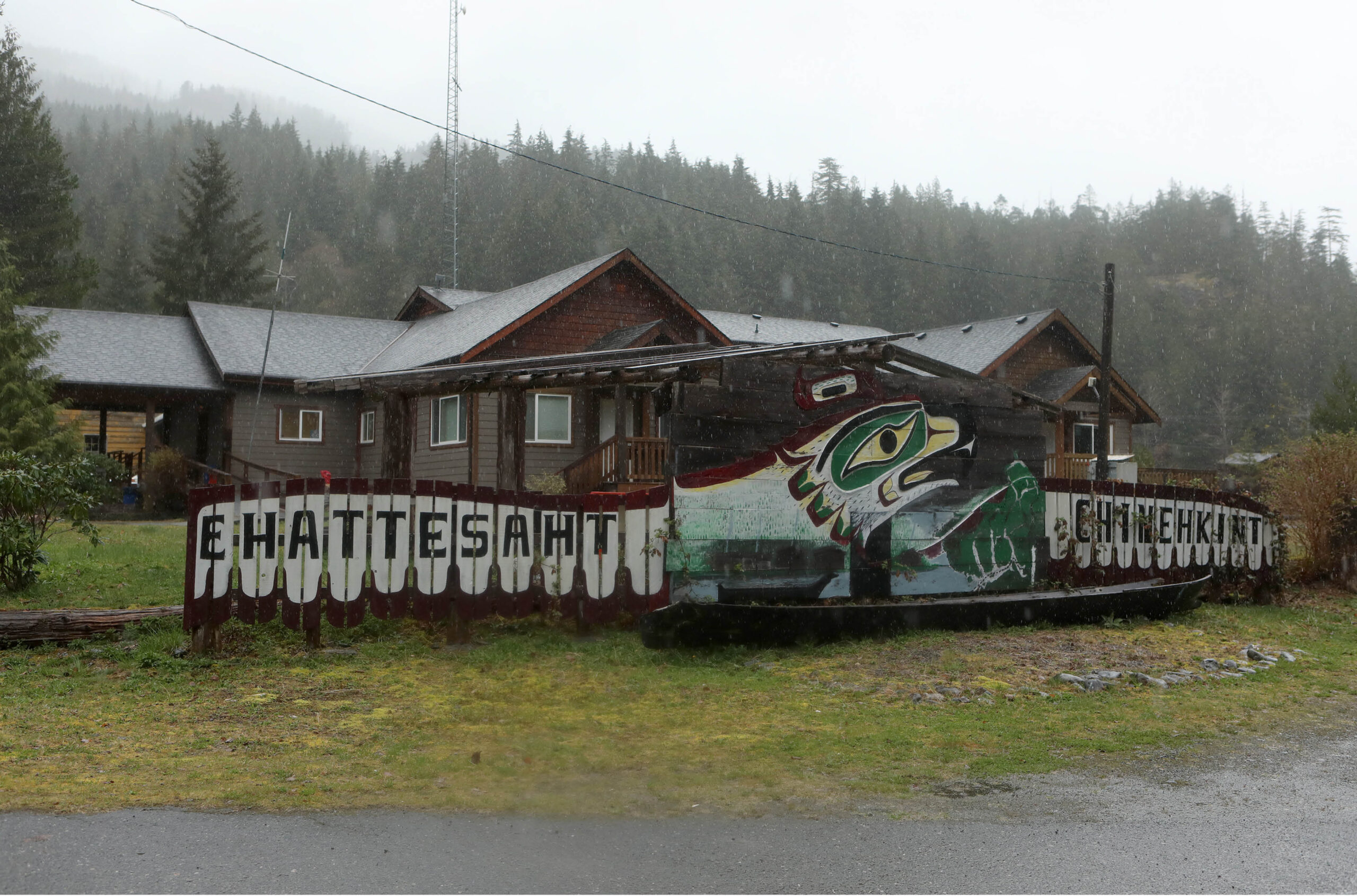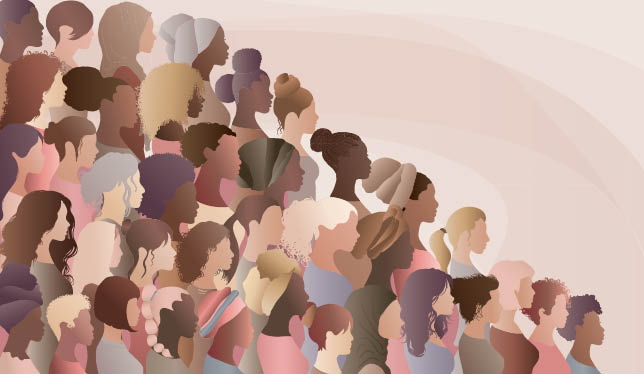Taking steps towards reconciliation
An invitation to decolonize universities through collaboration.

While the entire country was recently invited to come together for the first National Day for Truth and Reconciliation, most Canadian universities took part in the sixth edition of the National Building Reconciliation Forum that was held in Quebec for the first time.
This forum, organized by Université du Québec and Université Laval, in partnership with Indigenous organizations working in education in Quebec, virtually brought together over 400 people. On the request of its First people partners, the event was focused on action and commitments.
To reflect this objective, we gave the forum the official theme “Falling into step with First Peoples students.” In just a few words, the theme summarizes the vision of universities to respond and adapt to the needs of First peoples to ensure we are welcoming and supporting them on the path to success.
The path to reconciliation is a long process. We all have a responsibility to move this important initiative forward, as we were reminded by numerous forum participants, including the chief of the Assembly of First Nations of Quebec-Labrador (AFNQL), Ghislain Picard. Many challenges remain regarding reconciliation in education. We need to start by knowing each other better and building equal relationships founded on respect.
As institution leaders, one of our roles is to serve as guardians of a vision that mobilizes all university communities. In 2021, we know there are various challenges when it comes to accessibility, that vary with the individual, their background and their experience. We also recognize that we need to pay particular attention to members of First People communities and their living arrangements on our campuses. Luckily, we can build on the experience of universities, that have been working on recognizing Indigenous students’ needs for decades. We can take inspiration from the innovative measures that have been developed across the country to meet these needs. Our collective efforts will help us progress further, and quicker.
During the forum, we heard testimonials from 11 ambassadors, made up of students and graduates from each of all Nations in Quebec. Their perspective was often critical, but listening to them was a profound obligatory step that will spur us to evolve our institutions. The ambassadors appreciated that their calls to action were heard and that they were able to mobilize a number of higher education stakeholders. However, they also shared concerns that the higher education community won’t actually follow through on these actions after the forum.
Let us reassure them: the university community is evolving more than ever and won’t stop. Of this, we’re confident. As stated in Atikamekw artist Eruoma Awashish’s work for the forum, “we leave a footprint with every step. We walk in the footprints of our ancestors and leave a path for the lives of the next seven generations. Walking toward the future is how we make things happen.”
So let’s continue to inspire each other, similarly to a sharing circle, so we can all play a role, together, in the next steps that will transform our universities. Let’s keep our momentum by continuing to respond to the needs and aspirations of the First Peoples students.
Two years ago, we were passed the baton by Algoma University, who gave us a paddle to mark our turn as hosts. We would like to now pass on to the organizers of the next forum, the location of which is to be announced, a symbol representing this year’s theme: a pair of moccasins entirely crafted and beaded by Marie-Claude Moreau, an artisan from the Pessamit community.
This type of exchange is important in Indigenous cultures. We also believe that it should inspire the way we carry out our university mission, and even encourage us to revise the culture of excellence that is sometimes too strongly based on competition between institutions rather than collaboration. This is a major step that we need to take to decolonize our institutions. Let us dream and be ambitious. The more this dream is shared, the better the chances at making it a reality.
Nakurmik! Niá:wen! Mikwetc! Tshinashkumitin! Wela’lin! Tiawenhk! Miikwech! Wliwni! Woliwon! Chiniskumitin! Megwetch!
Johanne Jean is president of Université du Québec and co-president of the sixth National Building Reconciliation Forum. Sophie D’Amours is chair of the board at Universities Canada and rector of Université Laval.
Featured Jobs
- Education - (2) Assistant or Associate Professors, Teaching Scholars (Educational Leadership)Western University
- Veterinary Medicine - Faculty Position (Large Animal Internal Medicine) University of Saskatchewan
- Business – Lecturer or Assistant Professor, 2-year term (Strategic Management) McMaster University
- Psychology - Assistant Professor (Speech-Language Pathology)University of Victoria
- Canada Excellence Research Chair in Computational Social Science, AI, and Democracy (Associate or Full Professor)McGill University















Post a comment
University Affairs moderates all comments according to the following guidelines. If approved, comments generally appear within one business day. We may republish particularly insightful remarks in our print edition or elsewhere.